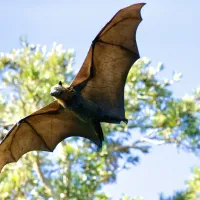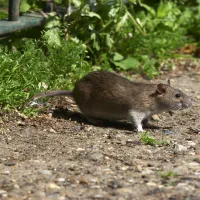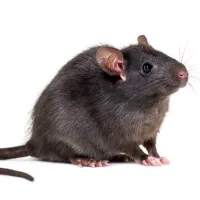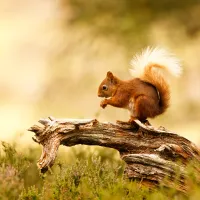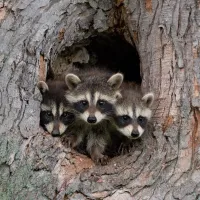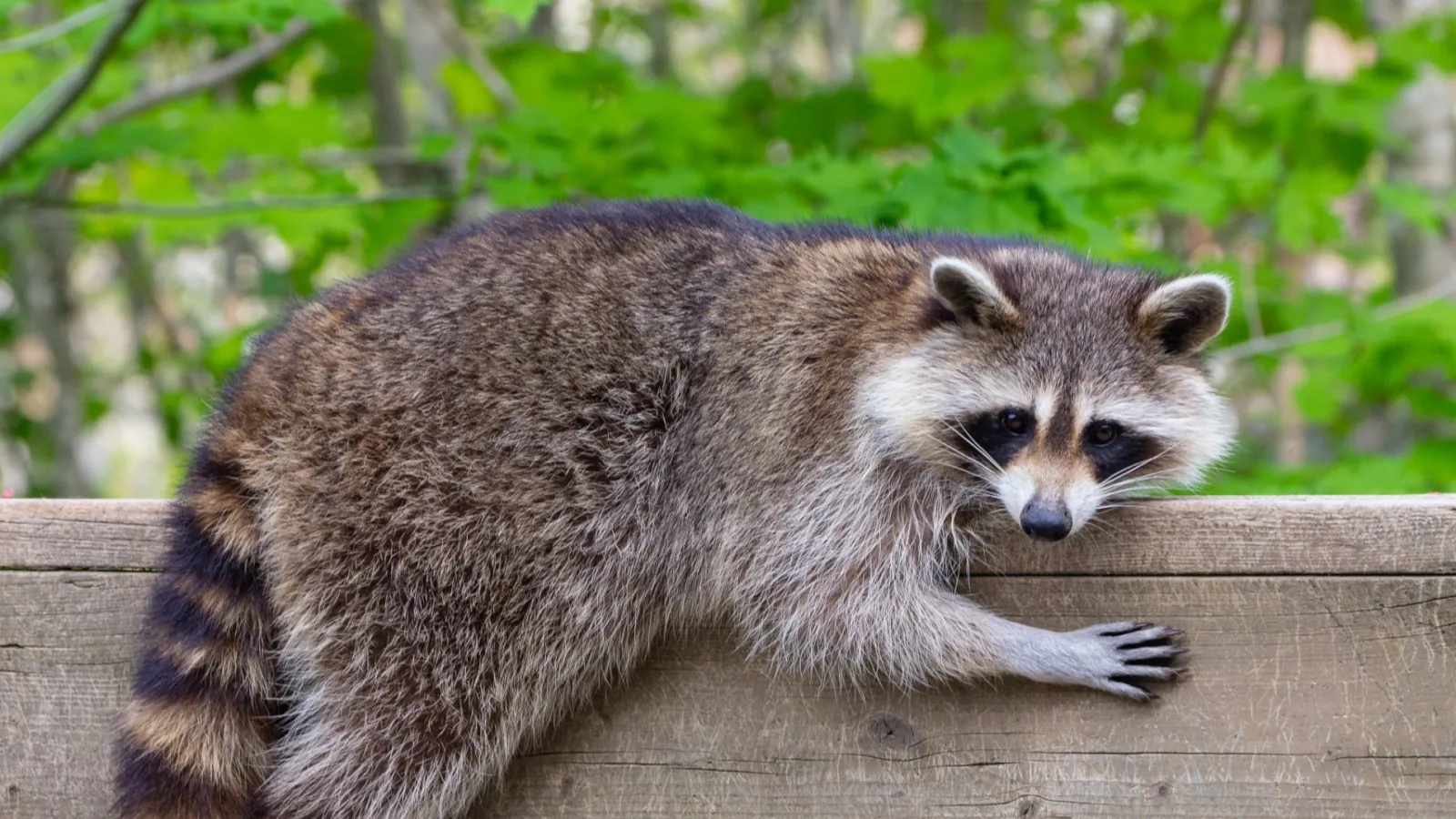
Wildlife Control
PestNow has solutions to keep the critters out
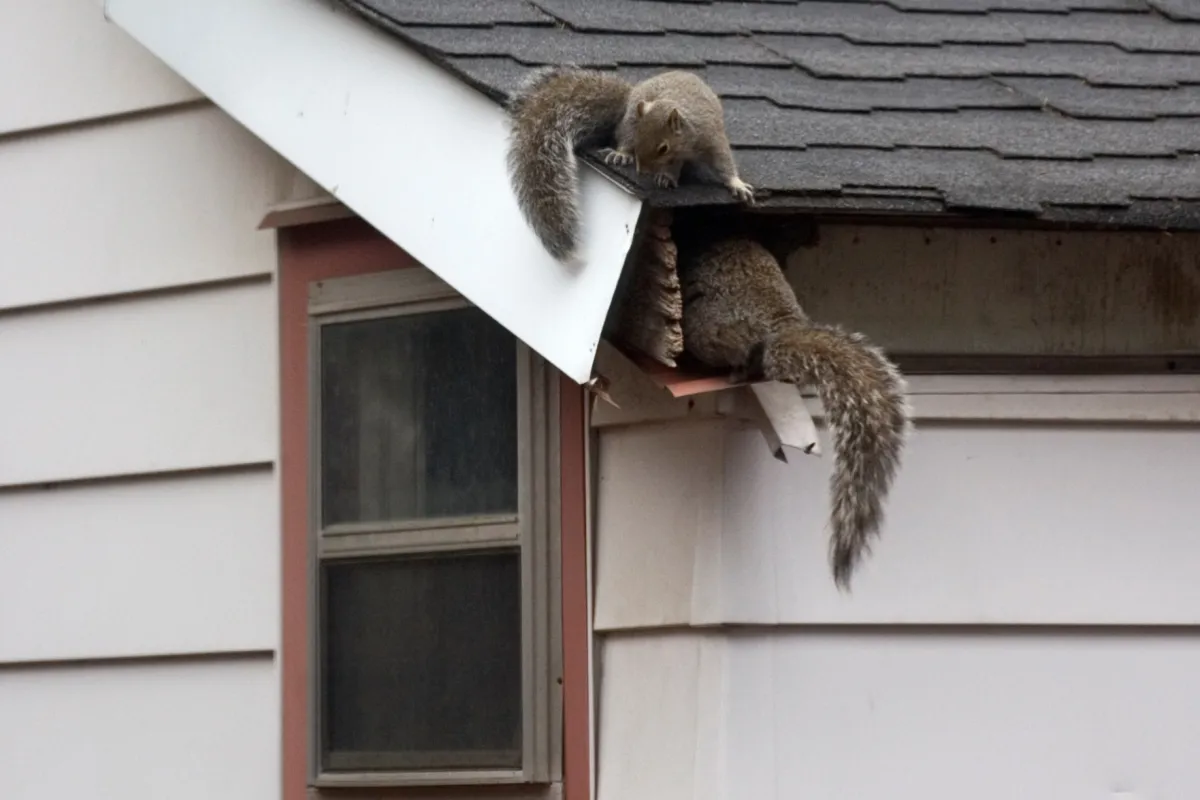
Wildlife Can Be A Nuisance
Wildlife can be a major nuisance when they invade or surround your home or business. While they may seem harmless at first glance, animals like squirrels, raccoons, birds, and rodents can quickly cause significant disruptions and damage. One of the most common issues is property damage. Wildlife often chews through wires, insulation, and wood, creating entry points and weakening the structure of your property. Rodents, in particular, can gnaw on electrical wiring, posing a serious fire hazard. Additionally, animals may block vents or damage HVAC systems, leading to costly repairs and reduced efficiency.
Beyond health and property risks, wildlife can disrupt your daily life. Scratching noises in the attic or walls can be unsettling, and animals scavenging for food may target your trash bins, pantries, or outdoor areas, creating messes and attracting more pests. Some animals, like raccoons, can become aggressive if cornered, posing a safety threat to you, your family, or employees.
It's important to address wildlife problems promptly to prevent these issues from escalating. Proactive measures, such as sealing entry points, securing trash bins, and keeping your property well-maintained, can help deter animals before they become a nuisance. When wildlife takes over, it's not just an inconvenience—it's a threat to your property, health, and peace of mind.
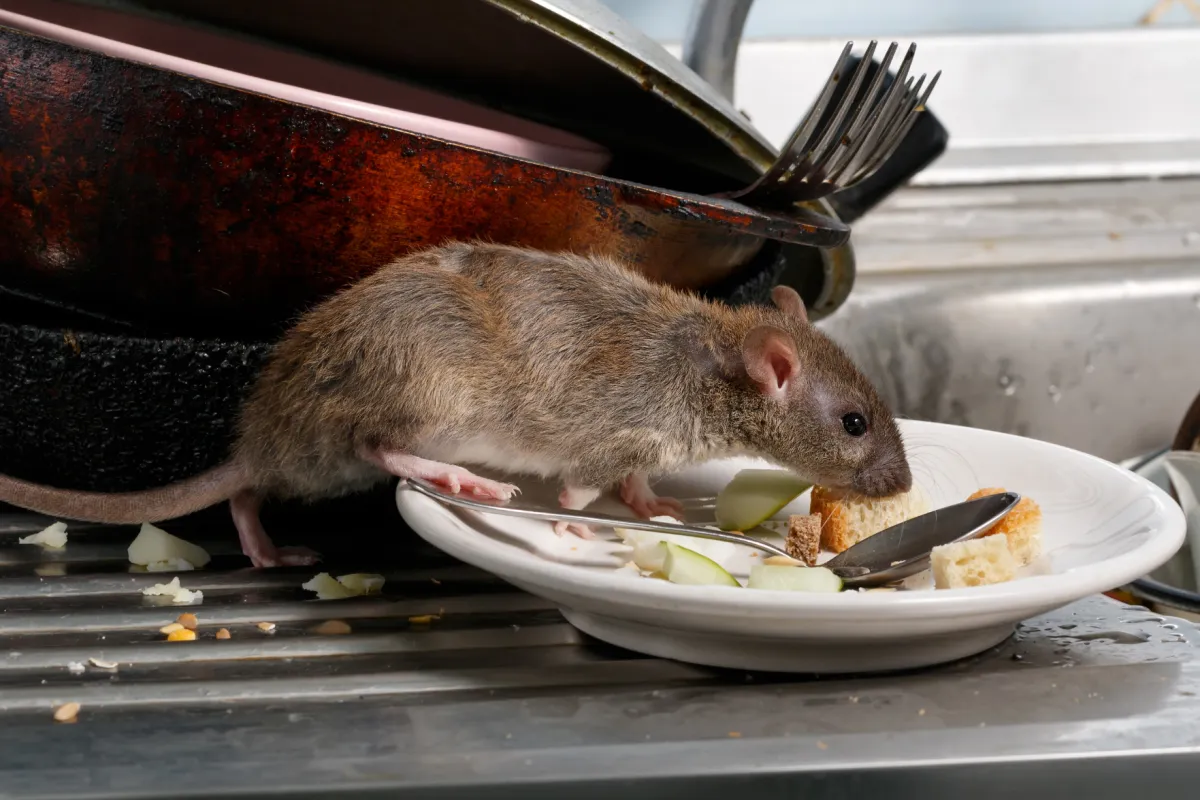
Mice & Rat Health Risks
Rodents such as mice and rats are notorious for spreading diseases through their droppings, urine, and saliva, which can easily contaminate the spaces they infest. These excretions often contain pathogens that pose significant health risks, even without direct contact. For example, Hantavirus, a severe respiratory illness, can be contracted by inhaling airborne particles contaminated with deer mice droppings, urine, or saliva. This often occurs when droppings are disturbed, releasing microscopic particles into the air, especially in enclosed spaces like sheds or attics. Salmonellosis, another common concern, can spread when rodent droppings contaminate food preparation areas, resulting in foodborne illness that causes gastrointestinal distress.
In addition to direct contamination, rat nests create a persistent risk because they can linger even after rodents are gone. For instance, nests made from droppings or saliva-soaked materials can serve as reservoirs for mold growth, further exacerbating respiratory issues for those with allergies or asthma. The allergens found in rodent urine, droppings, and dander are potent triggers, often leading to chronic respiratory conditions when infestations go untreated.
Finally, while uncommon, direct exposure to rodent saliva through bites can result in infections such as rat-bite fever, highlighting the multiple pathways by which rodents pose threats to human health. Understanding these mechanisms underscores the importance of addressing infestations quickly and thoroughly to protect both your property and your well-being.
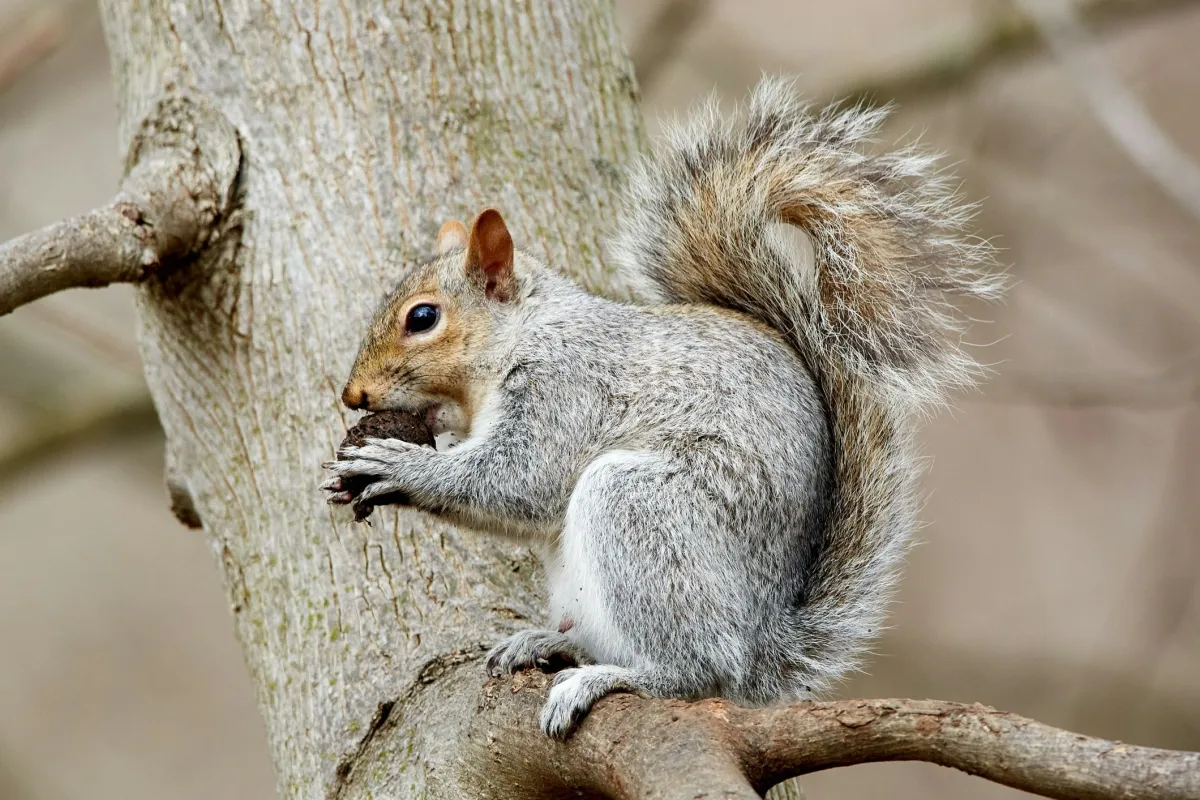
Squirrels & Their Damage
Squirrels, though often perceived as harmless or even endearing, can pose significant health risks when they take up residence on your property. These seemingly innocuous creatures are known to carry ticks that may be infected with Lyme disease, a debilitating illness that can cause long-term health complications if not treated promptly. Their droppings are another potential hazard, as they can harbor salmonella, a harmful bacteria that can contaminate surfaces and food, leading to severe gastrointestinal distress.
While rare, squirrels can also be carriers of rabies, a life-threatening disease transmitted through bites or scratches. Even a small chance of rabies exposure warrants caution, as the disease is fatal without immediate medical intervention. Beyond disease transmission, squirrels are often host to external parasites such as mites, fleas, and ticks. These parasites can easily transfer to humans or pets, causing skin irritation, itching, and in some cases, more serious infestations or diseases.
The risks extend beyond direct contact, as squirrels' nesting habits can exacerbate these issues. They often build nests in attics, chimneys, or walls, creating hidden breeding grounds for parasites. These nests, along with their droppings and urine, can also contribute to unpleasant odors, allergens, and mold growth, worsening indoor air quality and triggering respiratory problems.
Understanding the potential dangers of squirrels underscores the importance of professional wildlife control. Promptly addressing a squirrel infestation is critical to safeguarding your family's health, preventing property damage, and maintaining a safe, pest-free environment.
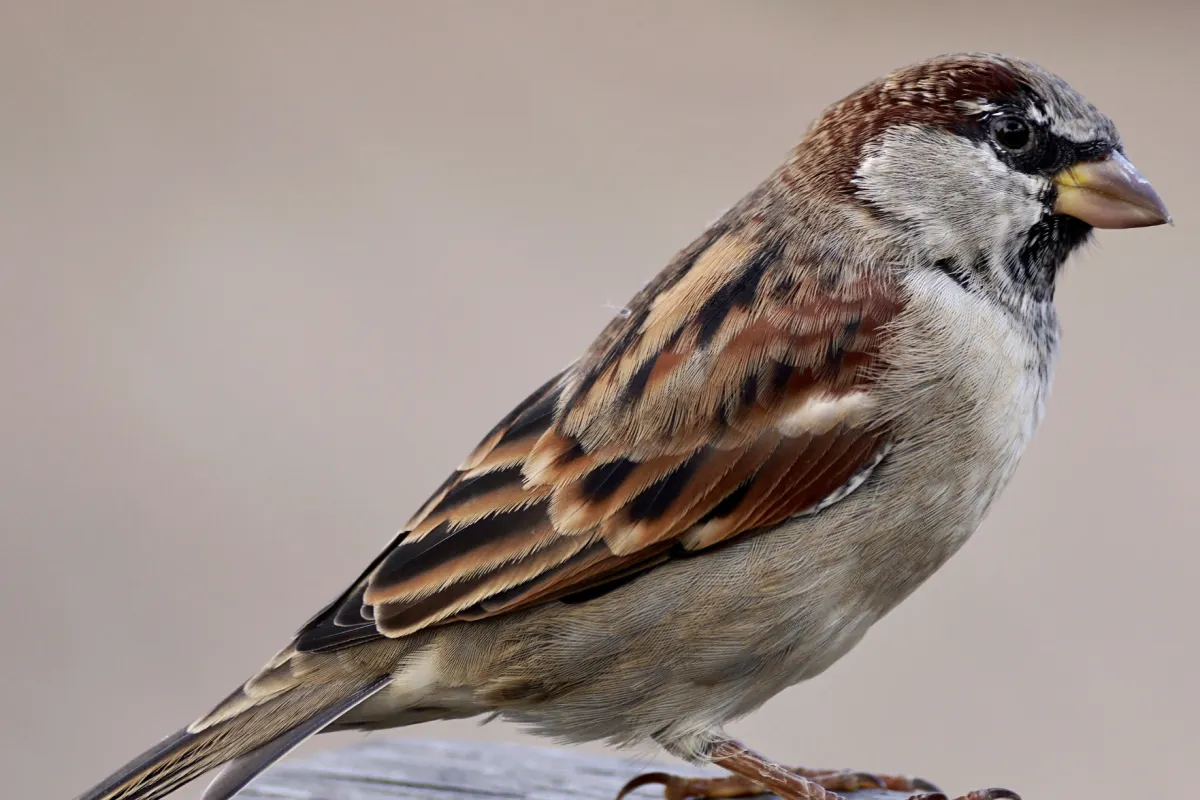
Pigeons, Finches, & Sparrows
Bird invasions in the D.C., Maryland, and Virginia area pose serious health and safety risks for homeowners and businesses. Birds such as pigeons, starlings, and sparrows are known carriers of over 60 transmittable diseases, which can have severe consequences for human health. One such disease is histoplasmosis, a fungal infection caused by inhaling spores found in bird droppings that can lead to significant respiratory issues. Another is psittacosis, or "parrot fever," a bacterial infection that causes flu-like symptoms and pneumonia. Additionally, bird droppings can carry Salmonella, contaminating surfaces or food and leading to gastrointestinal illness. Birds also host parasites, such as mites, which can bite humans, causing skin irritation, allergic reactions, and even secondary infections. Their feathers, dander, and droppings are common allergens that can exacerbate respiratory conditions and cause discomfort for those with sensitivities.
Contamination is another significant concern when birds inhabit or frequent homes and businesses. Their droppings and nesting materials can harbor bacteria and mold, negatively affecting air quality and posing risks to individuals with respiratory conditions like asthma. In commercial settings such as restaurants or food-processing facilities, the presence of bird droppings or feathers near food or water sources can lead to outbreaks of foodborne illnesses, jeopardizing public health and safety.
In addition to health concerns, birds can create safety risks. Some species, such as geese, are highly territorial and may become aggressive if they feel their nests or young are threatened, posing dangers to people nearby. Moreover, birds often use flammable materials, such as twigs and dried leaves, for nesting. When placed near electrical equipment or wiring, these nests increase the risk of fires.
Wildlife Library
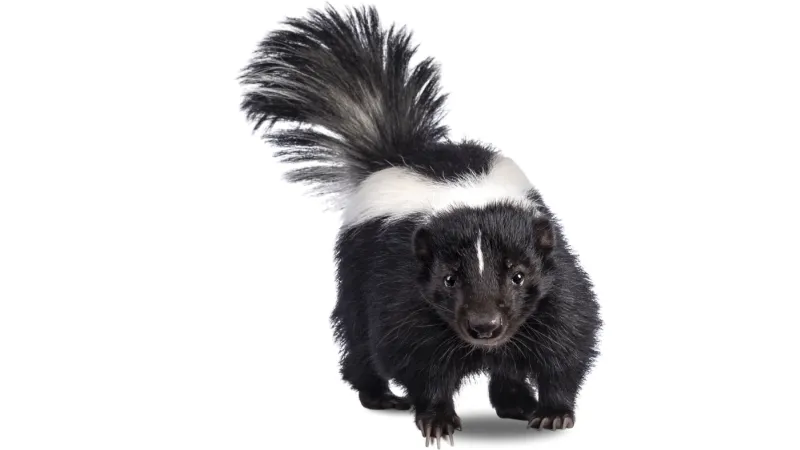
Frequently Asked Questions About Nuisance Wildlife
PestNow has the answers to the most commonly asked questions.
How can I keep wildlife out of my yard or garden?
To deter wildlife from your yard or garden, you can implement measures such as installing fences or barriers, removing food sources (like bird feeders or uncovered garbage), and using deterrents like motion-activated sprinklers or noise devices.
How can I identify signs of wildlife activity around my home?
Signs of wildlife activity may include tracks, droppings, gnaw marks, scratches, nests, or damage to property such as chewed wires or insulation. Additionally, hearing unusual noises or observing unusual behavior from pets can also indicate the presence of wildlife.
What should I do if I find a wild animal in my attic or crawl space?
If you discover a wild animal in your attic or crawl space, it's important to call PestNow. Attempting to remove the animal yourself can be dangerous and may result in injury to both you and the animal. A wildlife removal expert will safely and humanely remove the animal and address any damage or entry points to prevent future infestations.
What should I do if I encounter a wild animal on my property?
If you encounter a wild animal on your property, it's best to give it space and avoid approaching it. In most cases, the animal will move on its own. If the animal appears injured, aggressive, or poses a threat to people or pets, contact your local animal control or wildlife management authorities for assistance.



